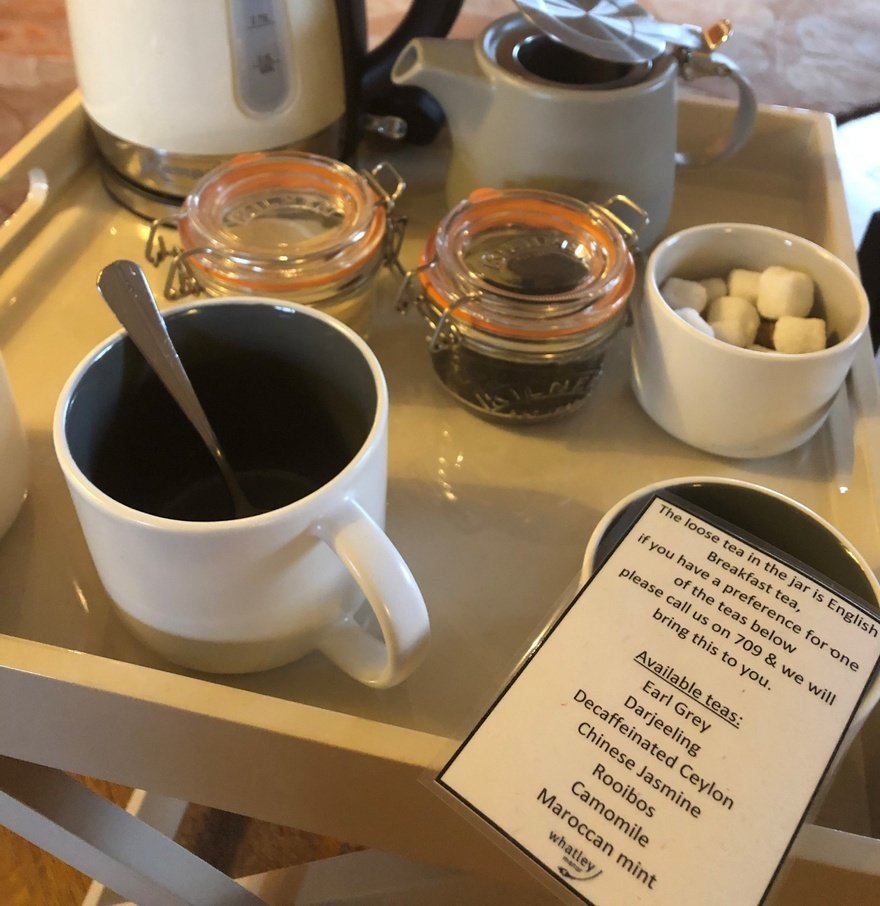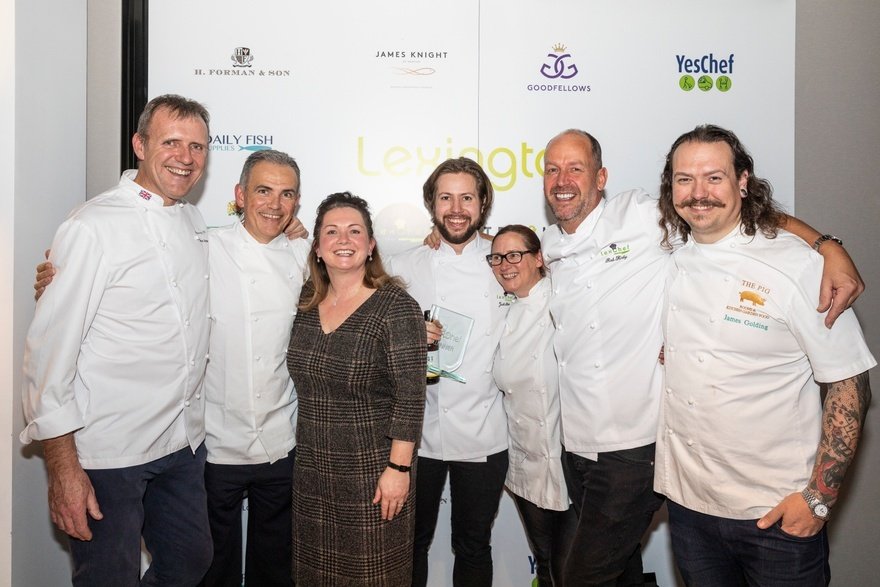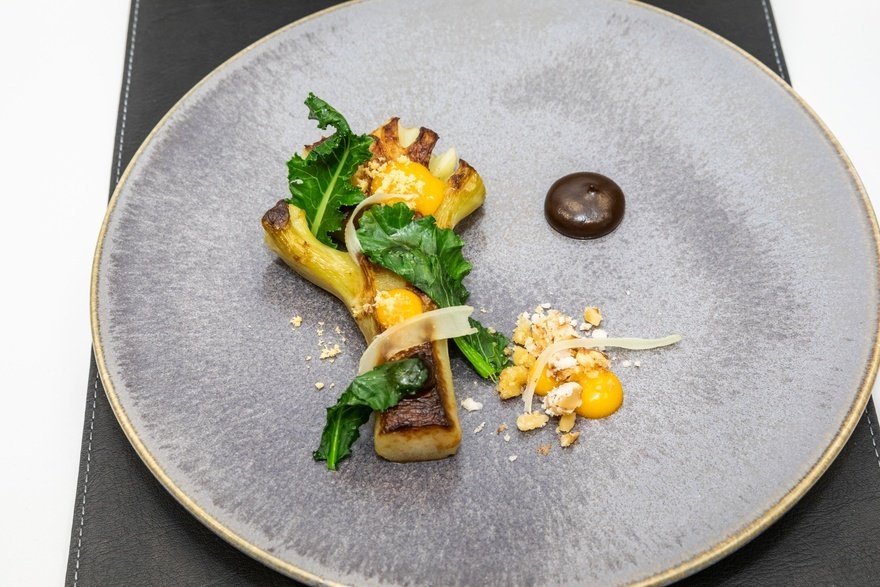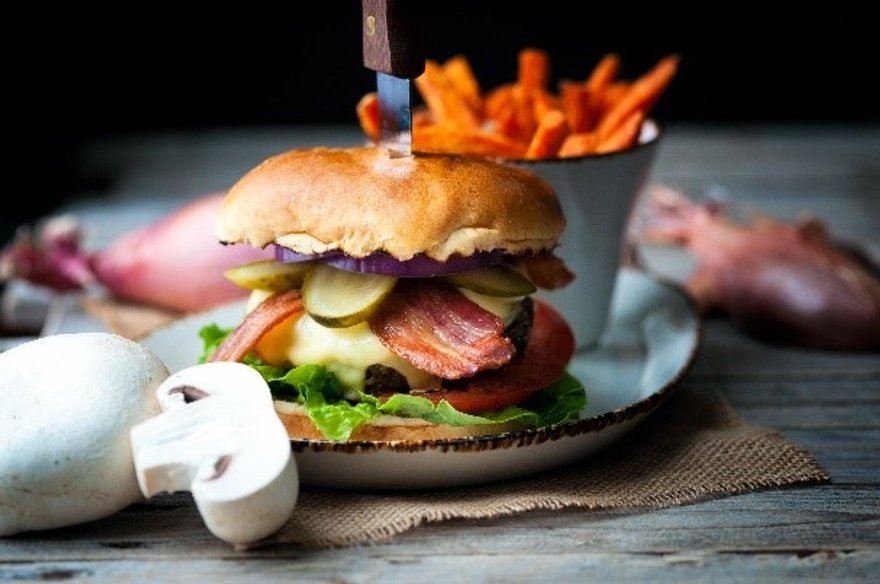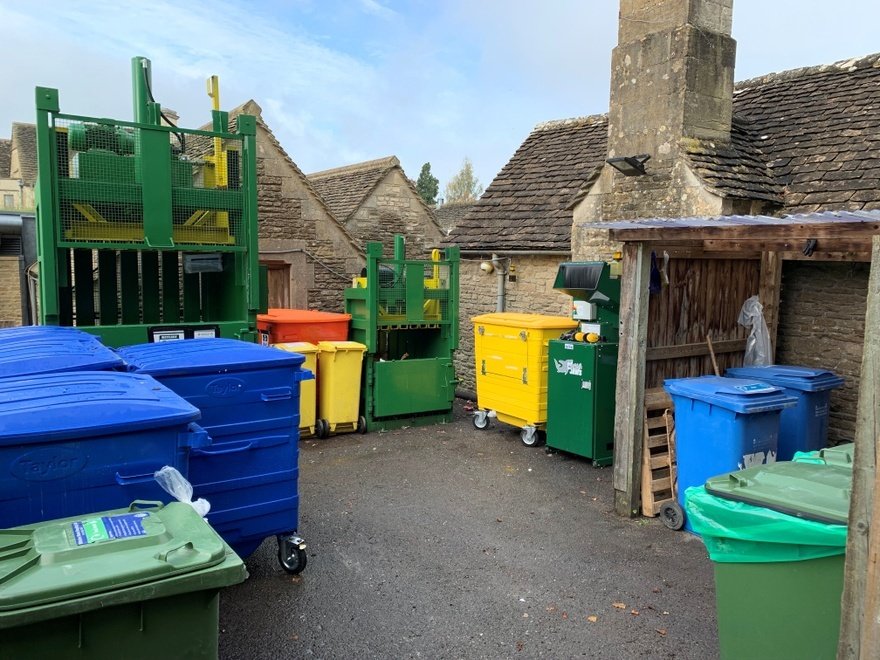Get the green light: how to get your team and guests to embrace your green goals
Establishing your environmental aims is one thing – but putting them into practice is quite another. Katherine Price speaks to operators who have won over workers and engaged guests into embracing their green goals
Setting out clear sustainability goals is laudable, but it is only the start of the journey. For them to have any meaningful impact, it is essential that staff and guests alike fully buy into the process.
Spreading the green message should be a creative process that shouts enjoyment and fun. Publishing a tick box of environmentally friendly credentials is not going to engage anyone. A business needs to consider how, alongside looking after the planet, a sustainable policy can also enhance a working environment, which in turn will drive recruitment and retention, as well as offer value to the experience of customers and guests.
Many businesses have already started the process, with great success, be it a cookery competition focused around waste ingredients from contract caterer Lexington; empowering staff to get involved at Whatley Manor; or the creation of innovative cocktails at a Hilton hotel. Essentially, there need to be touchpoints that emotionally move staff and guests alike.
Stories need to be told and shared. "It's important to get the buy-in from staff so they're fully behind it and they fully understand why they're doing it, rather than just being told," says Rob Kirby, chef-director of foodservice company Lexington, a branch of the Elior Group.
"Once you've got support with all the training behind it, they will then sell it to clients and customers alike," he says. Julie Baker, vice-president of UK and Ireland regions at Hilton (pictured), agrees that employees are at the core of and critical to achieving its Travel with Purpose 2030 Goals to halve the company's environmental footprint.
Training and communication
Sue Williams, general manager at Whatley Manor in Malmesbury, Wiltshire, has undertaken the challenge of achieving EarthCheck certification at the 23-bedroom property through www.itmustbenow.com, which aims to improve the travel and tourism industry's sustainability, social responsibility and principled business practice.
The group is looking at everything from the large – measuring its carbon footprint, its banks and pension providers – to the small, such as removing plastic in guest rooms. This has included replacing its plastic milk bottles and teabags with glass bottles of milk filled from a pergola and loose leaf English breakfast tea in Kilner jars.
"We're hopefully giving better service, better quality tea and the tea that they really want," says Williams. Plastic Molton Brown toiletry bottles have also been replaced with the brand's ceramic refillable option.
Lexington launched its Trashed sustainability initiative last year, a brand which makes use of ingredients that would often end up in the bin of a professional kitchen. The caterer appointed head chef Tom Bradley as its Trashed ambassador to work with the food development team and at client locations, collborating with the chefs and front of house teams to make sure they understand the initiative and that the messages are consistent.
At the 30-plus locations where they've held Trashed pop-ups so far, sales increased by nearly 10%, and sites reported a reduction in food waste afterwards. Dishes include vegetable bhajis made from peelings, chickpea water meringues, chocolate brownies made with used coffee grounds and ‘pulled' barbecue banana skins.
But Kirby emphasises that training is key: "We can't just expect the on-site chefs to understand," he points out. "Everybody needs to understand you're doing it for the environment."
Williams agrees, and has ensured sustainability is part of staff training from the first day they arrive on the property. For existing staff, she initially ran two staff meetings to communicate her vision, where owner Christian Landolt also expressed his endorsement, showing to staff that it was a top-level priority.
But she adds repetition is also important. "It's constantly delivering little soundbites of training," she says. "Keep giving them the ‘why', keep showing them, and then bit by bit it'll sink in".
The hotel has a staff-wide WhatsApp group, for instance, where they can communicate ideas and sustainability messages. "It will slide if you don't encourage them, so it's good to have several different touchpoints to keep reminding them," she says.
Accountability
Williams asked for eight volunteers to join her ‘green team' at Whatley Manor – one for every department – and put three of her senior management staff on Chartered Institution of Wastes Management training, knowledge which they can now pass on to their teams. Meanwhile, the hotel's former welfare assistant Kate Church was promoted to sustainability co-ordinator to empower her to push the property in its sustainable initiatives.
Williams also invites members of the team to suggest their own ideas, which they can then take ownership of, all of which ensure there is more than one person taking responsibility for sustainability at the property.
Similarly, while Lexington appointed an ambassador, Hilton appointed three ‘regional champions' in the UK, who are all general managers and therefore on the ground to implement initiatives – and close enough to operations that they can feed back whether goals are relevant and realistic. There are also ‘on-property champions' at each hotel.
Competition, targets and incentives
Part of getting on-the-ground staff buy-in for Trashed was launching it with a bang, so Lexington launched the concept at its annual LexChef competition, while simultaneously making ‘Trashed' the theme of the competition, challenging the competitors beyond the usual mystery basket, engaging both their creativity and competitive spirit.
"It definitely motivated people. It gave them the understanding and the most important thing was that it promoted [the use of ] food waste – to our clients, to the industry and outside the industry," says Kirby.
Winner Jack Shaw's menu included a starter of braised broccoli stalk, pickled walnut ketchup, egg yolk, blue cheese dressing and whey crumb; a main of pressed cod's head with celeriac, chorizo and cod roe; and a French pastry, coffee and pear millefeuille with almond milk ice-cream dessert.
At the time, Shaw said: "As a hospitality chef, waste is not something I think about too much, but once I got into it, I realised there's a whole world of produce there."
Hilton chefs have come up with the ‘blended burger' to reduce the meat on their menus, which swaps 30% of beef for mushrooms.
The group also showcases hotels doing good work towards the group's environmental goals on internal platforms, incentivising them with recognition and providing inspiration to other properties.
All properties are required to track their energy and water consumption and waste levels through the LightStay platform, meaning staff can see the impact of their actions and progress and identify areas for improvement.
This information is shared on all hotels' WiFi landing pages and sales teams can use it to sell meeting rooms and event space.
However, Baker adds that environmental initiatives must take local challenges into account, "whether we're talking about an island property where waste management is an acute issue, or a community which struggles with a social issue such as high youth or disability unemployment."
For instance, the Hilton Seychelles Labriz previously shipped water in from the mainland and sent empty bottles back for recycling. The hotel has since installed its own water bottling plant, using glass bottles.
Driving the message home that every individual's actions count and that being visible in their day to day is key, Baker says: "This could be a simple action, such as the Wasted Fox cocktail, which uses leftover pineapple skins from breakfast at the Hilton London Bankside. Each person can see the difference they are making, and this is powerful both for the individual and for us as a business."
Marketing and visibility
It is important that staff are fully equipped with the information to explain a business's environmental aims to guests to ensure they are aware of and can support these initiatives. "Your staff really need to be educated in it to be able to sell and promote it. It's as much about marketing as it is the food," says Kirby. "Our industry is responsible for educating customers of what is food waste and what that looks like and the implications."
He points out, for instance, that chefs were able to transform the image of pork belly, which was previously seen as a cheap cut and under-used. By using the cut in chef competitions and putting it on their menus and on television, its image in the industry and among consumers has been transformed.
In the same way, environmental initiatives such as Trashed have got to be "sexy" and make people want to buy into them. Lexington gets front-of-house staff wearing Trashed T-shirts and market it beforehand with posters and banners with statistics and facts about the UK's food waste problem, to both raise awareness of the Trashed brand and educate their customers on why they should engage with it. The product then has to be good enough to make them want to come back, otherwise they risk putting people off.
"It's got to taste better than if you were to do something that isn't food waste; you've got to put more passion, love and energy into those dishes," he says.
Williams says subtle communication of the hotel's environmental credentials is already winning it favour, having it clearly visible for guests without forcing it on them. Whatley Manor has its environmental policy in a neat frame on the front desk and provides a link to its accreditation at the top of its website. The hotel has received 11 bookings through www.itmustbenow.com in the five months it has been listed.
The hotel is also taking biodynamic wines off its main wine list and creating its own non-intervention, carbon-neutral wine list for restaurant guests.
The team, meanwhile, has been able to engage with sustainability in fun and creative ways, such as a ‘donkey' called Tin Tin, which they made from old cans and upcycled materials and now lives in the grounds. The hotel's gardening team also made bird hides for guests from upcycled materials, providing fun ways for guests to engage with the grounds and the hotel's sustainability goals.
Continue reading
You need to be a premium member to view this. Subscribe from just 99p per week.
Already subscribed? Log In



